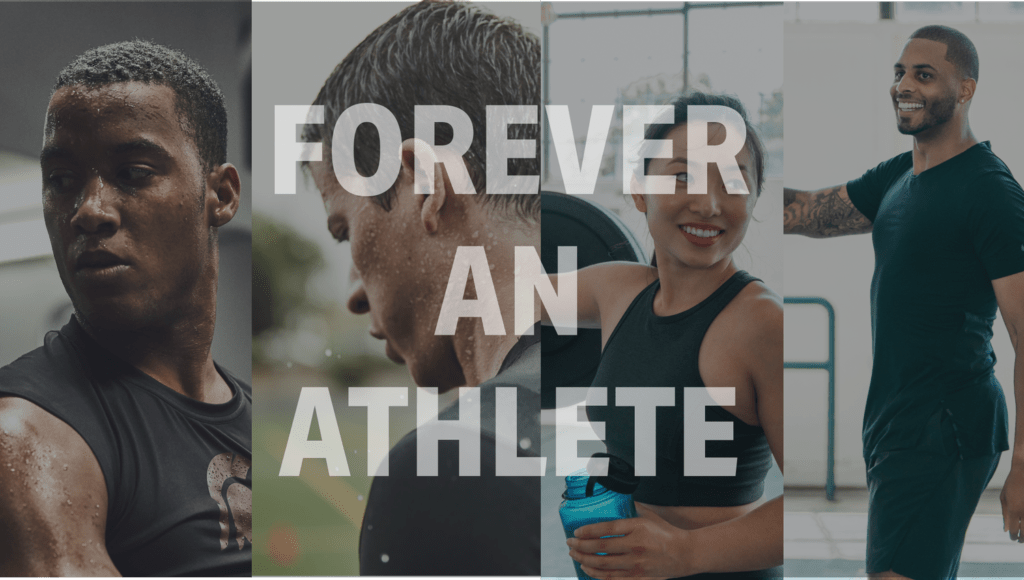[ad_1]

The Shift Out of Sports
Exiting sports signifies a significant life turning point. It frequently occurs due to graduation, injuries, or other factors, and the move away from the intense sports environment can be distressing. The very essence that defined their identity suddenly dissipates. Envisage laboring toward something your entire life, and having it conclude abruptly. This transition can be profoundly demanding, and this is where the mental health challenges start to emerge.
Loss of Identity
The initial obstacle confronting retired student-athletes is a deep loss of identity. Without practices, games, and the companionship of a team, they may grapple with existential questions such as, “Who am I without sports?”. The feeling of emptiness and the void in their lives can be overpowering. The reality is that student-athletes have so much more to offer than just playing their sport — they just have not yet had the opportunity to discover those other pieces of who they are.
Mental Health Struggles
Retired student-athletes are also susceptible to encountering anxiety, depression, and other psychological struggles. The relentless pursuit of excellence in their sport often pushes them to the brink, and the sudden void in their lives can intensify these emotional challenges. It is imperative for them to seek support and professional guidance when confronted with these issues. This is something we as professionals need to be more aware of. At the collegiate level, there is a strong need for sport coaches and other support staff to ensure the athletes feel comfortable enough to open up about the anxiety or depression they may be feeling about the “post-retirement” void.
Body Image and Self-Esteem
Many retired athletes must come to terms with transformations in their bodies. The rigorous training and dietary habits that defined their athletic careers may not be sustainable in their post-sports life. This adjustment can lead to body image concerns and a diminished sense of self-worth. These athletes have faced high expectations and restrictions for much of their athletic careers. When they are done competing, they deserve to be able to enjoy the freedom of not having to maintain a specific physique or expectation. This does not mean forgetting about fitness and healthy habits, but more about learning how to apply them in a realistic way for their everyday life.
Coping Strategies
Fortunately, there are strategies and resources to help retired student-athletes in navigating the landscape of post-sports life and addressing the mental health challenges they encounter:
View Crunchless Core discounted price while it’s still available…
[ad_2]



5 Comments
kuwin sở hữu kho game đa dạng từ slot đến trò chơi bài đổi thưởng, mang đến cho bạn những giây phút giải trí tuyệt vời.
Với giao diện mượt mà và ưu đãi hấp dẫn, MM88 là lựa chọn lý tưởng cho các tín đồ giải trí trực tuyến.
Tham gia cộng đồng game thủ tại Go88 để trải nghiệm các trò chơi bài, poker phổ biến nhất hiện nay.
Khám phá thế giới giải trí trực tuyến đỉnh cao tại MM88, nơi mang đến những trải nghiệm cá cược thể thao và casino sống động.
https://askoff.ru